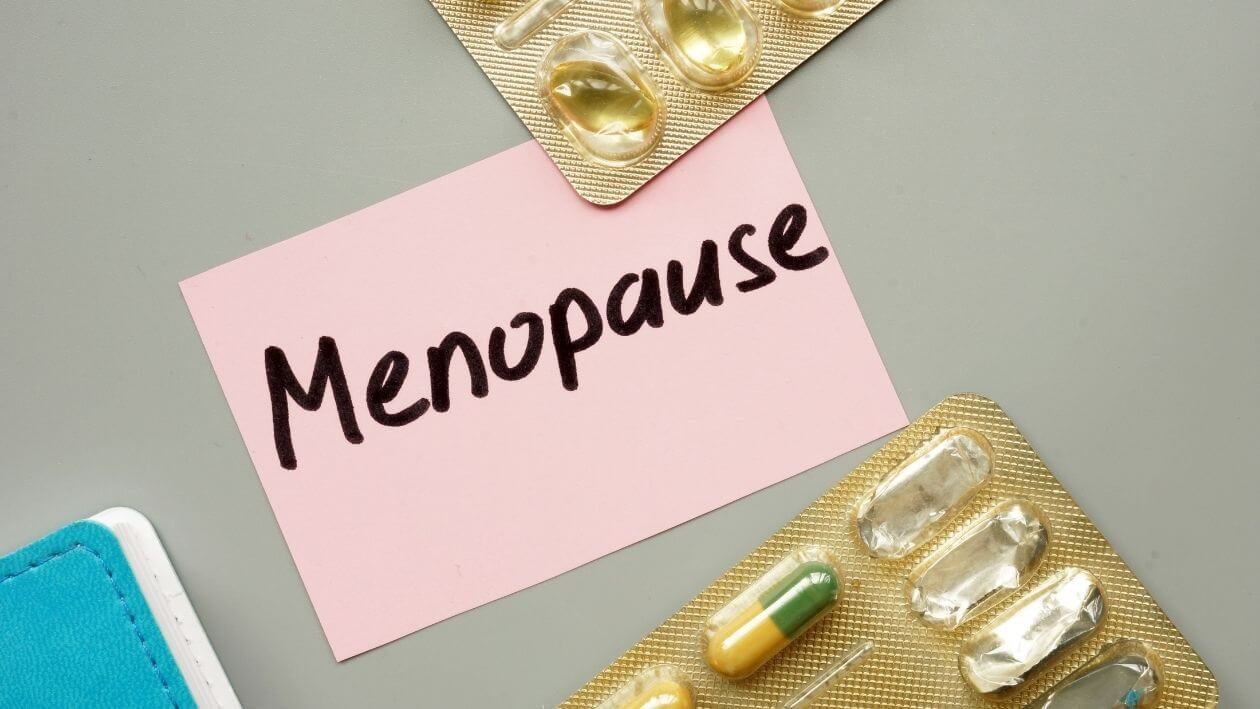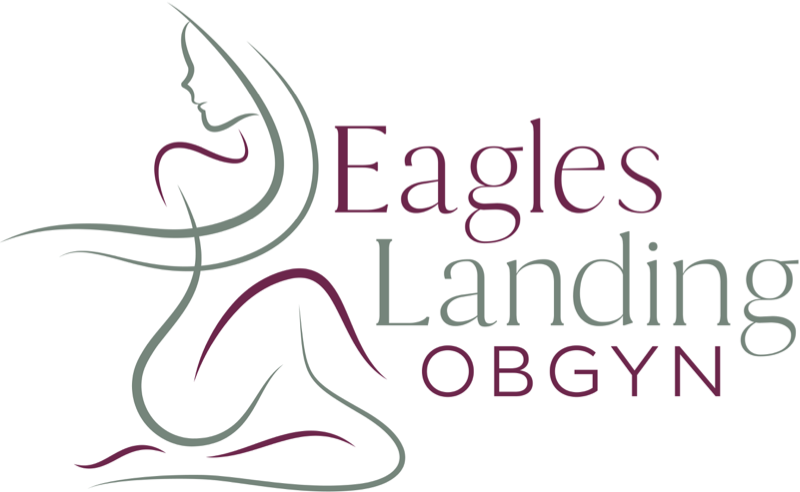
Menopause marks the time when women no longer have their period or their menstrual cycle, and usually indicates a decline in hormones like estrogen progesterone, and is usually diagnosed in women over 40 who have gone over 12 months without having their period. When women go through the natural process of menopause, it can be full of complications. Symptoms like hot flashes, disruptions in your sleep cycle, and decreases in your energy levels can all feel difficult to manage. Thankfully, there are steps women can take to recognize the early signs of menopause and talk to their doctors about treatments to help them through the hormonal changes they’re experiencing.
Early Signs and Symptoms of Menopause To Look Out For
Menopause comes with a huge shift in your hormone levels, and it starts before menopause is even officially diagnosed. Some of the early signs and symptoms of menopause include:
- Irregular periods
- Hot flashes and chills
- Disruptions in sleep cycle
- Hair loss
- Night sweats
- Vaginal dryness
- Mood swings and emotional irregularity
- Dry skin
While menopause is a natural process, the early symptoms can definitely be difficult to deal with, so if you have struggling to maintain your daily functions when experiencing those early hormonal changes, you can reach out for a visit to your OB/GYN to discuss treatment plans to help you through these changes.
Causes and Complications
Menopause is caused by a decrease in your reproductive hormones, usually after the age of 40, though early onset menopause is not unheard of. Decreases in your estrogen and progesterone levels is what causes the early symptoms of menopause, the most common being the loss of your menstrual period.
For the early months before menopause is officially diagnosed, women can experiences their periods being absent for a few months, only to have a monthly cycle come back. Lighter and shorter periods are also common. And while hormone levels have dropped and period are occurring with less regularity, it is still important to know that you can still get pregnant during this time, so if you’re unsure whether an absent period is an indication of the menopausal transition or not, consider taking a pregnancy test.
When Should You Visit Your Doctor?
In addition to your hormone and reproductive levels being affected, there are several other medical conditions you might be at greater risk for once you begin the process of menopause. Osteoporosis, cardiovascular disease, and sexual disfunction, are all things can develop during this transition, so be sure to visit your doctor as soon as you notice the early signs of menopause.
For trustworthy OB/GYN care and support for menopause and hormonal changes, come to the team at Eagle’s Landing OB/GYN in Stockbridge, GA. Call to make an appointment today!
